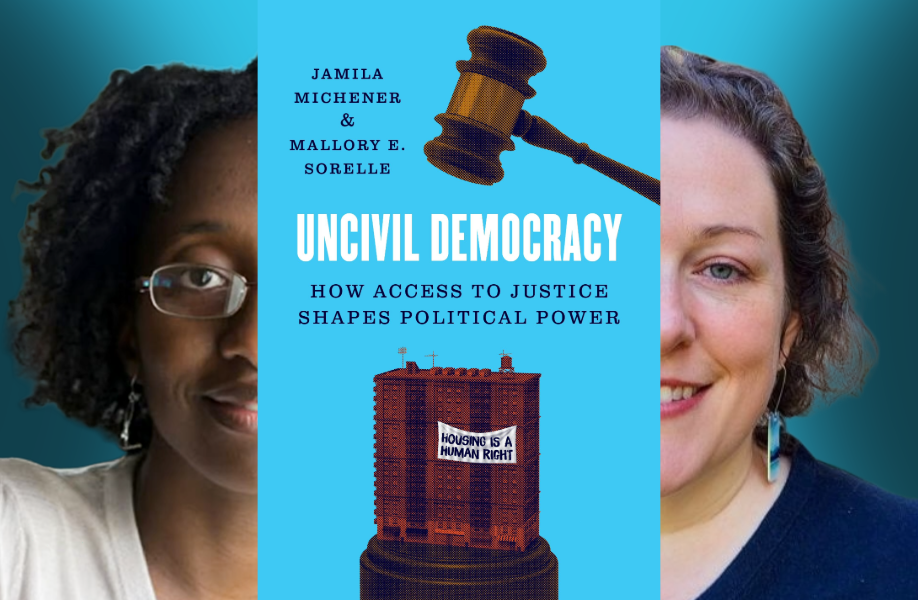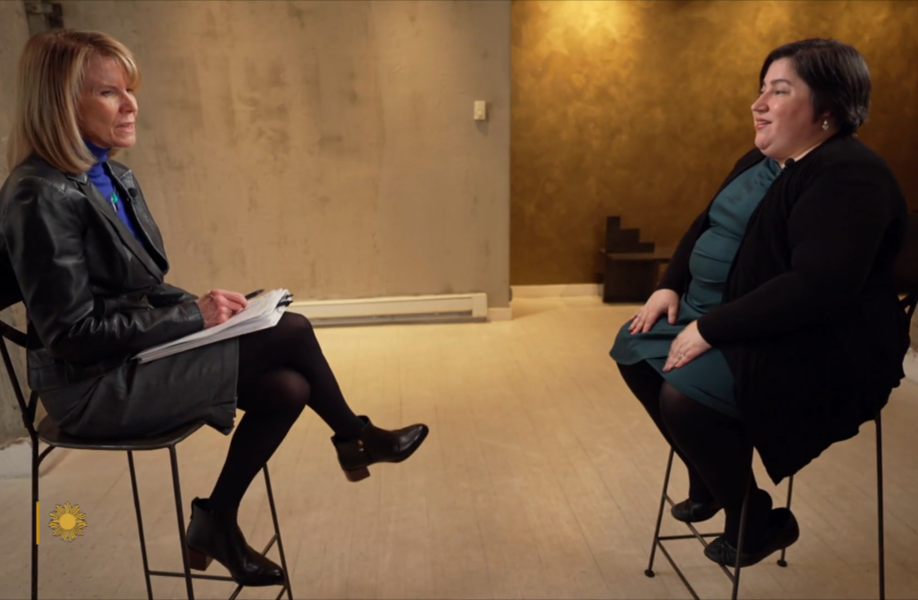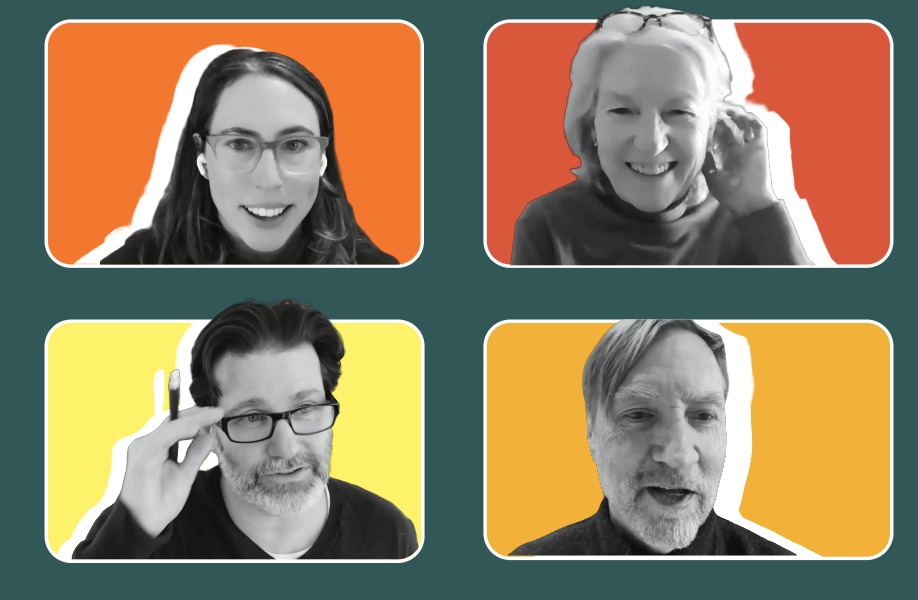Reprinted courtesy of Yale’s Institution for Social and Policy Studies
For two days at Yale’s Institution for Social and Policy Studies last month, leading political scientists stressed common themes about our current moment.
They discussed the erosion of democratic norms, the rise of authoritarianism, and the failure of American institutions to respond with adequate regularity and force. They examined the growing concentration of power in corporations, courts, and technology platforms. They invoked the feedback loop between economic and political inequality, charged in part by racial backlash.
And they united in a belief that traditional political science practices have proven ill-equipped to meet these surging challenges.
“We are living through a moment of extraordinary political change, and the discipline has never had to react to so much with so little time to catch up,” said Jacob Hacker, the Stanley B. Resor Professor of Political Science and director of the American Political Economy eXchange (APEX) at ISPS. “Political science often buys high and sells low. Today, I think we need to think about how to buy low — how to invest in the questions that will matter most in our rapidly evolving polity, even if they’re not yet fashionable.”
APEX is part of the Consortium on American Political Economy (CAPE). Founded in 2023 with the support of the Hewlett Foundation, APEX studies American democratic capitalism — the analysis of the interplay of markets and government in the United States.
Hacker led last month’s conference with his CAPE co-directors, Paul Pierson, the John Gross Professor of Political Science at the University of California at Berkeley; Kathleen Thelen, the Ford Professor of Political Science at the Massachusetts Institute of Technology; and Alexander Hertel-Fernandez, associate professor of political science at Columbia University’s School of International and Public Affairs.
“The traditional way political science subfields have been designed no longer makes sense,” Pierson said. “We need to turn away from studying institutions, such as the presidency or Congress, in isolation.”
Studying the American Political Economy (APE) involves looking at political and economic relationships in their totality and in various combinations, offering insights into how political actors regularly cross institutional boundaries to accomplish their goals — perhaps working to pass a law, lobby for executive action, or file a lawsuit. The APE approach requires attention to structures, organizations, and systems of power, particularly how economic elites, media conglomerates, and tech platforms shape political outcomes in ways that are often hidden from view.
Pierson said that focusing on voter behavior or emphasizing institutions as separate entities may have, for example, led political scientists to miss how the U.S. Constitution’s system of separation of powers opened a path for concentrating political authority and degrading the rule of law.
“I think we know now that in a context of competitive authoritarianism, we cannot rely on ambition to counter ambition,” he said. “It is not as reliable as a system where multiparty coalitions serve as a check on concentrated authority.”
Thelen talked about how corporations and politicians have increasingly used courts to obtain their objectives — often in ways that skirt wide attention.
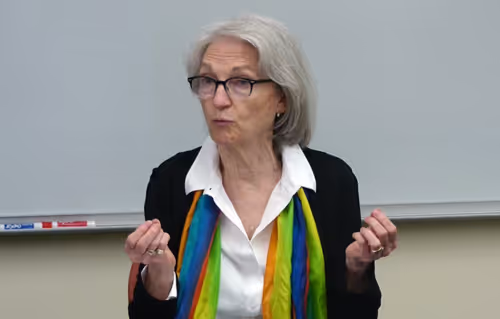
“Adversarial legalism in the U.S. is extremely distinctive,” Thelen said. “Other countries simply do not do their regulation in this way. And this system has created enormous opportunities for powerful actors to get out in front of government regulators and basically run out the clock while they create changes on the ground that cannot be unchanged.”
In addition, Thelen discussed the political implications of how the largest technology companies — Google, Microsoft, and Amazon — have shifted from asset-light to extremely capital-intensive business models in a race to monetize artificial intelligence. They now pour billions of dollars into data centers that require customized computer chips and enormous amounts of energy and water.
“From a regulatory and political perspective, these heavy investments in physical infrastructure make these companies much more vulnerable to government oversight,” she said. “These new business plans are harder to exit or shift. And so, companies are much more eager to curry favor with the administration.”
Hertel-Fernandez focused on the study of labor markets, emphasizing the fragmentation of workers across public and private sectors. He discussed the challenges faced by private sector workers in organizing and the centrality of courts in setting labor policy. And he discussed the need for more research on the political economy of childcare and elder care.
“If you’re trying to raise wages for some of the lowest paying care workers in the economy, that’s going to raise costs for families unless the government steps in to subsidize it,” he said.
Brian Libgober, assistant professor of political science and law at Northwestern University, focused on the shift in policymaking from Congress to the executive branch and the implications for special interests that often operate without transparency, noting how interactions between lobbyists and government have been hard for political scientists to observe.
“Organizations don’t necessarily want you to understand why they are deciding what they are deciding,” he said.
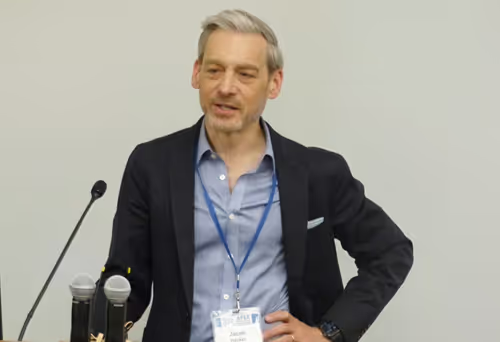
Lisa L. Miller, professor of political science at Rutgers University, emphasized the need to understand American institutions’ impact on political power and access. And how they interact with each other.
“American-style checks and balances check the power of mass publics — and the influence of mass public — much more effectively than they check the power and influence of elites,” Miller said. “And the political minorities are doing the checking, but they’re powerful political minorities. Not the vulnerable ones that everyone likes to think are part of the checks and balances story.”
Sarah Staszak, a research scholar and lecturer in public and international affairs at Princeton University, discussed the decline in access to courts for civil disputes and the rise of private arbitration, stressing the impact on corporate liability and deregulation.
Katherine Cramer, professor of political science and Natalie C. Holton Chair of Letters & Science at the University of Wisconsin-Madison, talked about the importance of understanding public opinion as a resource used politically rather than as a prime mover of change. She emphasized the need to study the exercise of power and the role of money in shaping political outcomes.
“I have thought of myself as a scholar of democracy, but that’s not necessarily the case,” Cramer said, noting the current backsliding of American democracy. “Thinking about APE draws our attention to the fact that it’s not voters who drive things. Instead, it’s money and the quest for power.”
Over the conference, attendees positioned APE as a complement and sometimes corrective to mainstream political science, encouraging greater efforts to grapple with power, inequality, and institutional decay. They pledged to leverage this new framework to study the hard, messy, urgent problems of democracy, capitalism, and governance in crisis.
Hacker called for a deeper structural understanding of the role of race and gender in the American political economy. He urged his colleagues to embrace interdisciplinary approaches and comparative perspectives; to look beyond the United States; and to draw from sociology, economics, and history to build a more robust understanding of political economy.
“It’s not just about understanding the system,” he said. “It’s about informing those trying to change it for the better.”

-500x375.avif)
